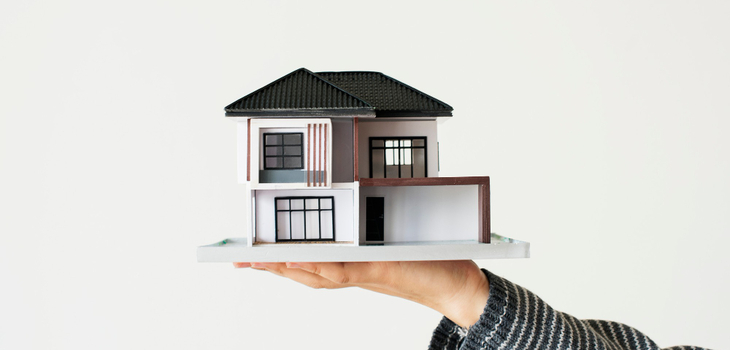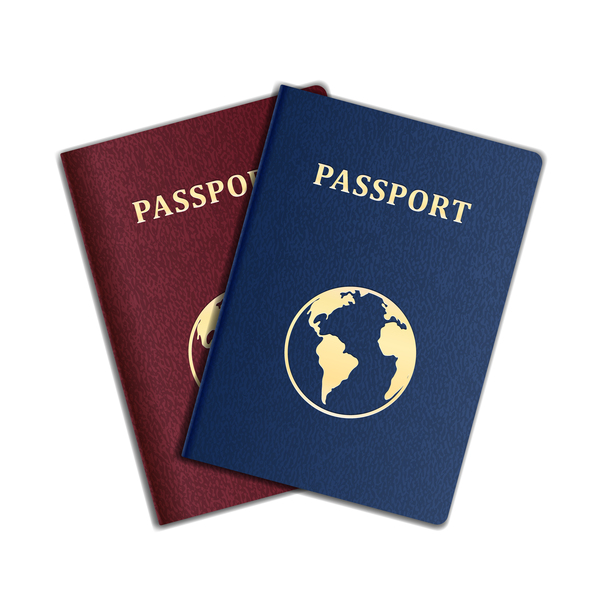Register Second Residence in Germany

A secondary residence might seem like a trivial thing because it means you have a primary or main residence, but trust me, the main and secondary residence are important. Some might argue it's only for commuters and workers living in Germany, tourists and students alike. It is important because whether you are a student or a tourist or looking to get work in Germany, you are going to settle first and when you do, you need to register a residence.
If you want to register a secondary residence in Germany, however, you need to pay attention to some things. Anyone changing residence within Germany must reregister at the registry office within two weeks. Only one of the necessary persons subject to reregistration must physically appear at the registry office for couples, parents, and children (under the age of 18). Any delayed or inaccurate reregistration is considered a misdemeanor and is subject to a fine.
Secondary Residence: what is it?
A secondary residence can be seen with two eye scopes — the government’s eye scope and the general eye scope. In the general sense having a secondary residence means an individual has a primary or main residence. So if you have a primary residence, why get a secondary residence? and what is considered a secondary residence?
A secondary residence can be another house apart from your primary home. Secondary residence is characterized based on the amount of time you spend in them; this is also the same with primary residences, however, there’s a little difference. Your primary residence is the house where you spend more than half of the year while secondary residence is a house where you spend less than half of the year. So, a secondary residence is where you spend less time than you spend in your primary or main residence.

Primary Residence and Secondary residence: what is the difference?

A primary residence is a house or home where you are most of the time, a place where there's over 70% chance of seeing you, while in a secondary residence, you are there once in a while and not every time. The following are the differences between primary and secondary residence.
Some other differences between primary and secondary residence are:
| S/N | Primary Residence | Secondary Residence |
| A place where there's over 70% chance you will be found. | A place where you spend limited time E.g yachts, vacation homes, your parent’s house if you have moved out, or a rental home. | |
| It is a place registered for legal activities like voting. | It is a place like a resort or an apartment building registered to show where you are when you are not at work or at your primary residence. | |
| You stay here for the majority of the year. | Your stay is usually very limited or small compared to your primary residence. |
For a house to qualify as a primary residence, you must have stayed there for over a year consistently. For a secondary residence, it should be close to the primary residence or workplace of an individual.
Registering a Secondary Residence
When you move into a secondary residence in Germany, it is compulsory for you to register this new residence. It doesn’t matter whether you are renting, moving out of your parent’s house, buying a new house, or buying a yacht or boat that can house you, the laws require you to register secondary residence in Germany.
Although a secondary residence should be close to the primary residence, it is irrelevant if the second residence is outside Germany, the federal state, or the municipality.
Since there is compulsory registration in Germany; where, who, and when do you register your second residence.
After moving to a new residence (second residence), you need to report to the Einwohnermeldeamt (residents of registration office) or Bürgerbüro also known as the citizens’ registration office. The registration and report should be done within 14 days of moving to this new house.
You can fill the application online or book an appointment to do this at the office, or municipalities that are close to you.
To register your secondary residence, you would need certain documents to confirm your identity and residence.
Some of the documents you need are:
- A valid Identity Card or Passport to confirm your identity.
- The completely filled registration form.
- Landlord's certificate of residence, if you are in a rented apartment.
- Some regions require you to present some certificates such as birth certificates of your kids, marriage certificate or divorce papers.

The landlord's certificate of residence or proof of residence is a legal document that supports your lease in providing that you live at their residence. It usually shows the specific address of the house and its location.
What are the cost for registering a secondary residence?
Believe it or not, the cost of registering a secondary residence is not exorbitant. The cost of registering a secondary resident varies in different regions, but generally, registration doesn’t take up to €10. And in rare cases where it is more than €10 it usually isn't up to €15, but these are rare cases.
Secondary Residence Tax

The tax requirement for your secondary home depends on the region or the municipality your second residence is located.
There's a general rule in Germany that places secondary residence tax between 5 to 35% of the annual rent of your residence. However, places like Baden-Baden which is a famous summer home in Europe charge a few cents above 35. The secondary residence tax in Berlin is also between 5 to 35% of the rent and the registration is the same.
Registering a second residence in Germany is easy and since you can apply online, it also makes it seamless. I've summarized the article in a question format for you.
Frequently asked questions

Where can I register my secondary residence in Germany?
You can register your secondary residence in Einwohnermeldeamt (residents of registration office) or Bürgerbüro also known as the citizens’ registration office.
What happens if I miss my deadline?
Missing your registration deadline could lead to a 5-year jail term or a fine of over a thousand euros (€1000).
What documents do I need?
You need a passport or a valid ID card, landlord's certificate/proof of residence, and completely filled registration form.
Popular Articles

Budgeting for Your Move - 5 Things to Prepare For

Best Van Pick Up and Delivery Services

Health insurance in Germany

Job in Germany for English Speaking Foreigners: How to find

Why Interior Design Companies Should Turn to Moovick for Their Logi...

DIY vs. Full-Service Local Moving: Which Option is Right for You?

